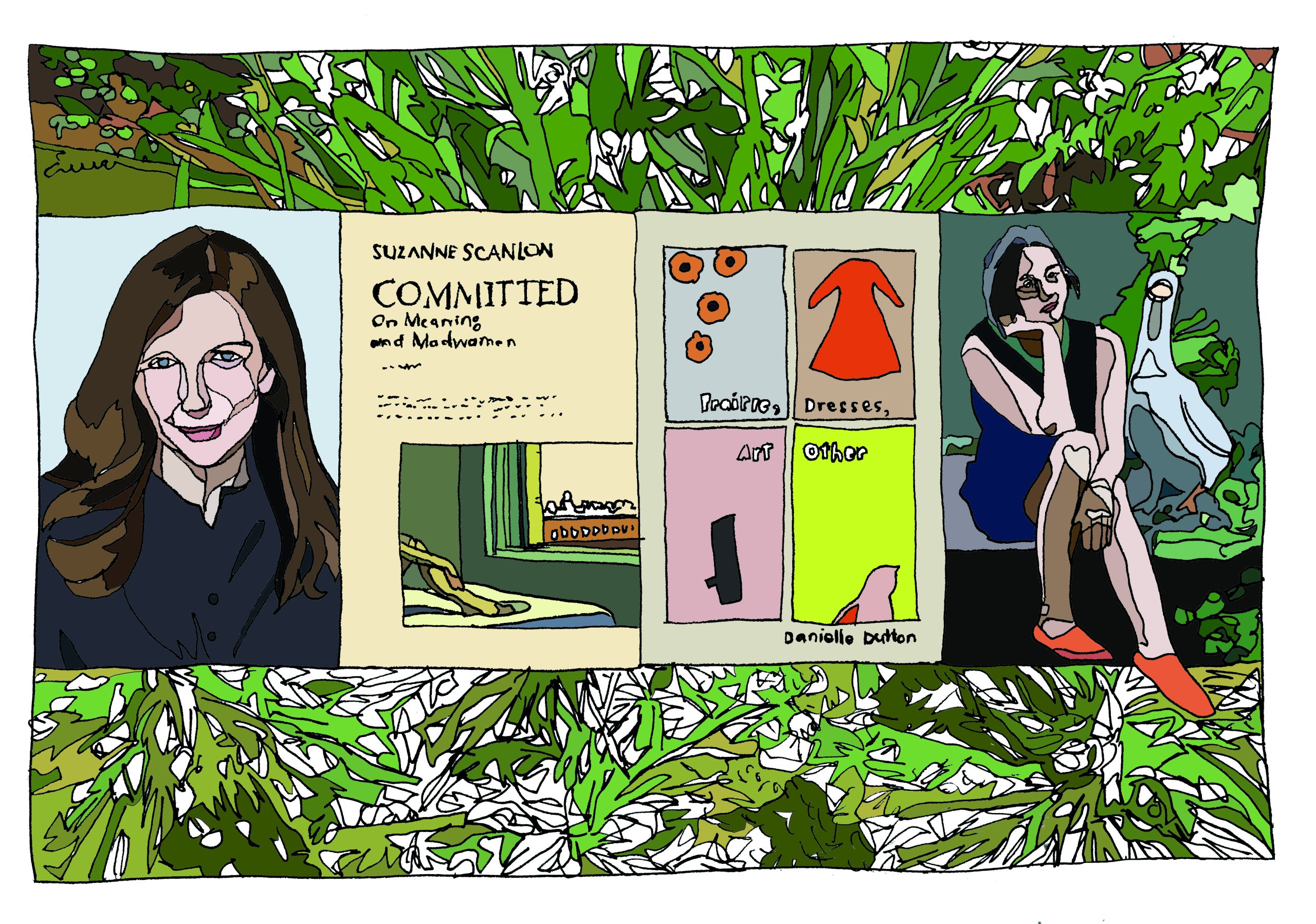news
“Kafka would have had a Twitter feed!”

Jonathan Franzen hates eBooks. If that statement fails to shock, maybe it’s because it’s old news (appearing as headlines here and here), or maybe it’s because, well, who cares?
The response to Franzen’s anti-ebook statements at his recent — and first ever — press conference was very much divided (comments at the Huffington Post offer a good sampling of both sides). Franzen claimed, among other things, that the lack of permanence in eBooks (their infinite editability) was damaging to society, and many readers purred in agreement — while, I imagine, pawing at their heavy hardcovers of Freedom. Others, however, accused the writer of intellectual snobbery: “Where does he get off telling me how to read? What does this acclaimed, prize-winning writer know about anything anyway?”
At the end of the day, Franzen is just a man with opinions and reading preferences (and a Pulitzer and a National Book Award). His personal reservations about eBooks really aren’t anything new, and they’re probably shared by some of your neighbors. (I wonder if Franzen and those who share his views on eBooks have actually tried reading them — admittedly, I despised eBooks until I read one).
With the rise of any new technology, an old argument re-emerges: ________ is bad for you! ______ is corrupting the youth! We shouldn’t use cell phones, or walkmen, or televisions, or microwaves. Comic books will melt your brain, and listening to The Beatles will make you communist.
I recently read an old (2009) but excellent essay at BLDGBLOG that addressed people who feared Twitter was bad for society (look how bad it was for Egypt). The following analogy also applies to fears about eBooks, or anything that challenges tradition.
“Imagine a world where everyone uses typewriters: they write novels, manifestos, historical surveys, and so on, but they do it all using typewriters.
Now the ball-point pen comes along. People use it to write down grocery lists and street addresses and recipes and love notes. What is this awful new technology? the literary users of typewriters say. Ball-point pens are the death of humanism.
Nevermind, of course, that you can use ball-point pens to write whatever you want: a novel, a screenplay, epic poems, religious prophecy, architectural theory, ransom notes. You can draw astronomical diagrams, sketch impossible machines for your Tuesday night art class, or even work on new patent applications for a hydrogen-powered automobile — it doesn’t matter. You can draw penises on your coworker’s paycheck stub.”
The arguments against Twitter are usually that people are just tweeting about their daily sandwich intake, but the same could be said for the ease of ePublishing and the number of poorly written and plagiarized works on the Kindle store. Maybe the problem isn’t eBooks, but bad eBooks? Maybe we should only write Pulitzer Prize-winning tweets?
Maybe the real issue is just our general apprehensions about change and new technology in any form. It can be exhausting to make a transition, and adapting to new technology can be dizzying (should you tweet from your Kindle Fire?). Or, as Franzen put it: “One of the consolations of dying is that [you think], ‘Well, that won’t have to be my problem’. Seriously, the world is changing so quickly that if you had any more than 80 years of change I don’t see how you could stand it psychologically.” Fortunately, both eBooks and print books will outlast us all.
***
— Benjamin Samuel is the Online Editor of Electric Literature and used to hate eBooks, Twitter, and brussel sprouts. You can find him at @benasam.









